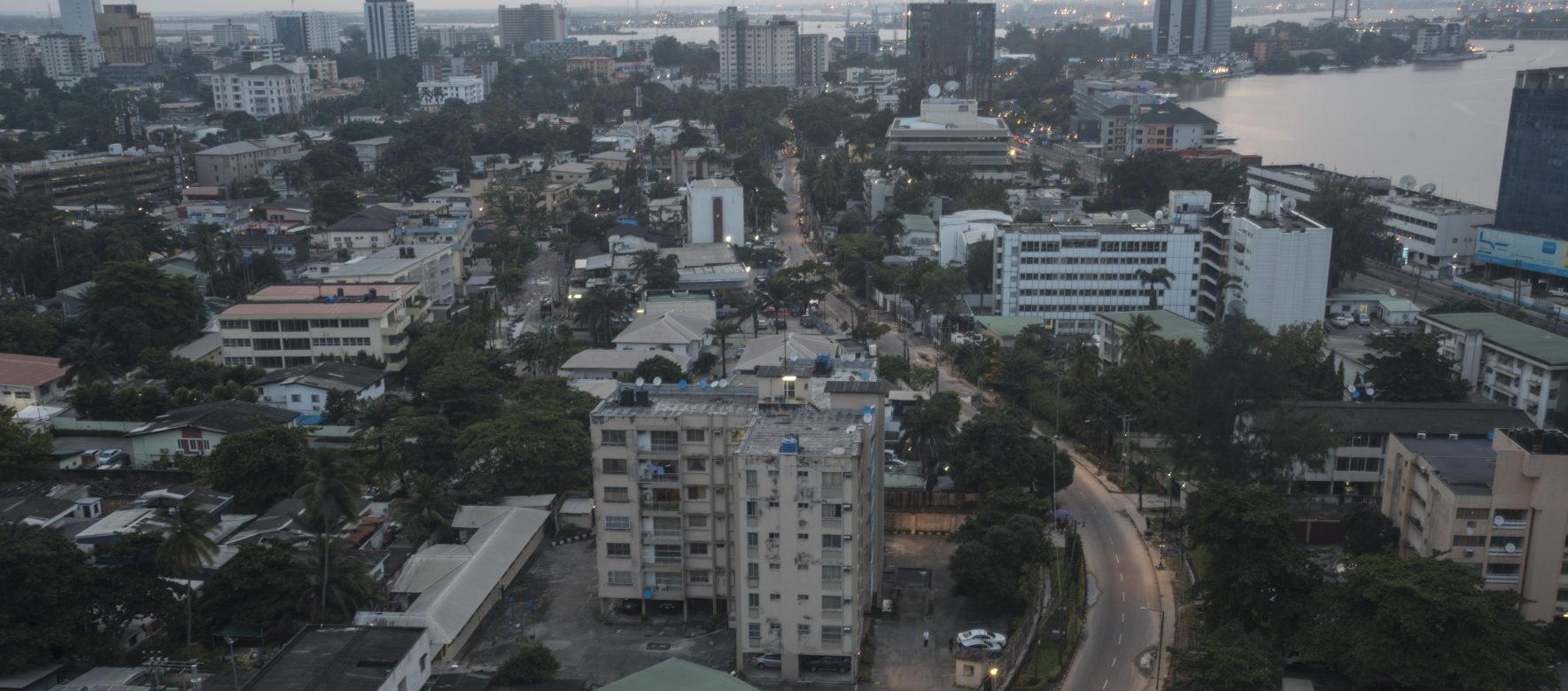In 2021, growth in sub-Saharan Africa, the main driver of African growth, was estimated at 4%, according to the World Bank. However, this upward trend should be affected by the consequences of the Russian-Ukrainian crisis which is already impacting consumer prices.
The World Bank estimates that economic growth in sub-Saharan Africa has stalled this year. In a recent report, the institution indicates that in 2022, the region’s economic growth will be 3.6%, lower than last year’s estimated 4%.
According to this report, covid-19, global inflation exacerbated by the conflict between Russia and Ukraine, supply disruptions and climatic shocks will continue to affect the economy of this part of the continent. .
“Against a time of limited fiscal space, policy makers need to look for innovative solutions, such as reducing or temporarily removing import duties on basic foodstuffs, to relieve their citizens,” Albert explained. Zeufack, World Bank Chief Economist for Africa.
The note specifies that this evolution of the economy will vary according to the regions. The East and Southern Africa zone will grow at 3.1% this year, 1% less than 2021, and will strengthen to 3.8% in 2024.
The West and Central Africa sub-region will record growth of 4.2% in 2022 and 4.6% in 2023. It remains strongly impacted by the three largest economies in the region, namely Angola, Nigeria and South Africa. Indeed, according to the Bretton Woods institution, if we remove them from the statistics, growth “should reach 4.1% in 2022 and 4.9% in 2023”.
In order to strengthen economic resilience and responsiveness to shocks, the Bank advocates “the development of social insurance, savings and labor market programs”. These reforms will have the advantage of protecting urban informal workers, and will help people invest in their health and education, the World Bank says.




















Réagissez à cet article